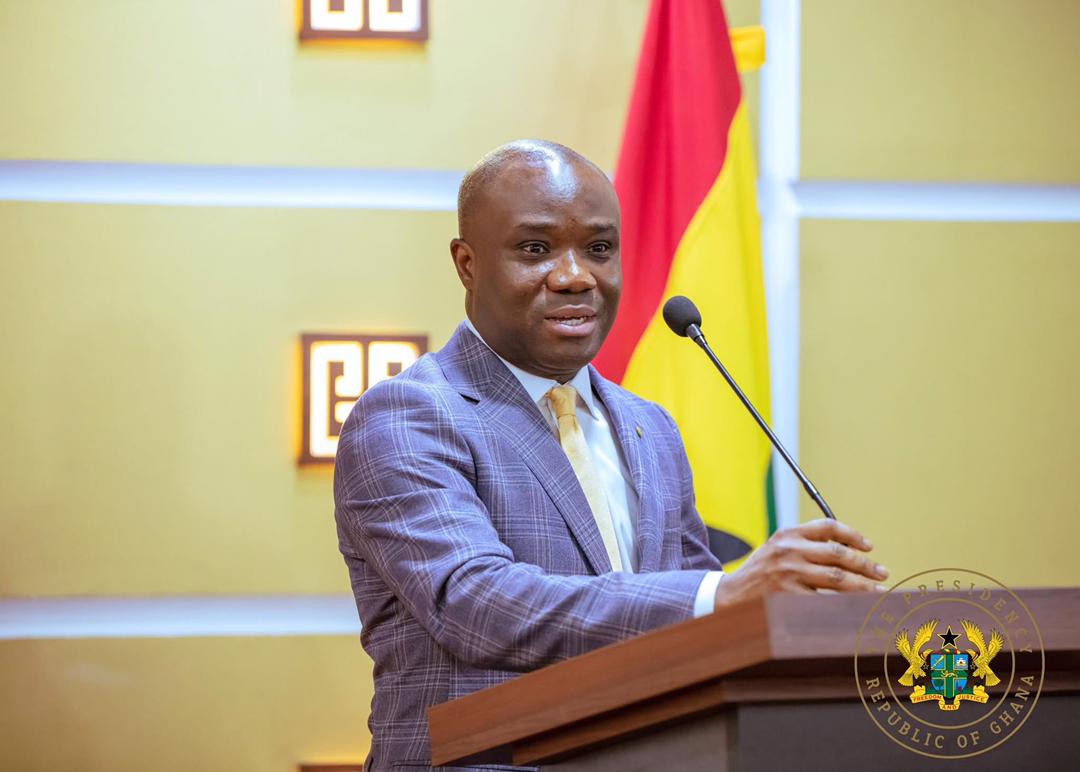BoG collaborations with research institutions could fix monetary policy - Prof Yusif
By Florence Afriyie Mensah
Kumasi, June 20, GNA – Professor Mohammed Hadrat Yusif, a Professor of Economics at the Kwame Nkrumah University of Science and Technology (KNUST), has advocated for stronger collaboration between the Bank of Ghana (BoG) and universities, as well as research institutions, to enhance effectiveness of monetary policy in Ghana.
He stressed the need for a comprehensive and innovative research programme that responds to the BoG’s pressing needs such as understanding the key drivers of economic growth, transmission mechanism of monetary policy, and the effectiveness of monetary policy instruments.
“A strong research partnership between the Bank of Ghana and universities like KNUST is not just desirable, it is necessary. This is how we ensure that policy decisions are not only sound but also contextually relevant,” Prof Yusif elaborated.
With these in place, Ghana could build economic resilience and improve price stability, interest rate stability and exchange rate stability.
Prof Yusif made these recommendations at his professorial pnaugural lecture at the KNUST in Kumasi.
He delivered on the topic “Monetary Policy in Ghana: Revisiting the Tobin’s Model”.
Prof Yusif reviewed Ghana’s economic trajectory since independence, comparing it with nations like South Korea, Malaysia and Mexico.
He observed that while these countries had achieved rapid and sustained growth, Ghana continued to struggle with macroeconomic instability, high inflation and unsustainable public debts.
The Professor of Economics again recommended the review of the existing Fiscal Responsibility Act, 2018 (Act 982) that mandates the government to maintain an overall fiscal balance on a cash basis with a deficit not exceeding 5 percent of the GDP for a particular year.
Additionally, the review of the Bank of Ghana Act, 2002 (Act 612, Section 30) which limits total government borrowing to no more than 10 percent of the fiscal year’s total revenue.
Prof. Yusif argued that these legislative frameworks had failed to enforce true fiscal discipline, adding that the monetary policy must be compatible with the macroeconomic objectives of the country.
“The Norway and Sweden model should be pursued. We should embrace transparency, accountability in government financing and debt management”, he suggested.
According to him, fiscal policy is essential for monetary policy to work effectively and efficiently in an economy, therefore responsible mining, enhanced cocoa production, public-private partnerships and support for local businesses should be the goal for Ghana.
The BoG should also consider shifting from Inflation Targeting to Nominal GDP Targeting as a rule for Monetary Policy.
He explained that Nominal GDP targeting involved setting targets for the growth rate of nominal GDP – the sum of inflation and real GDP growth.
If financial discipline is pursued, it will help increase real GDP growth, stabilize the labour market and the financial system in Ghana, he added.
GNA
Edited by Yussif Ibrahim/Benjamin Mensah









